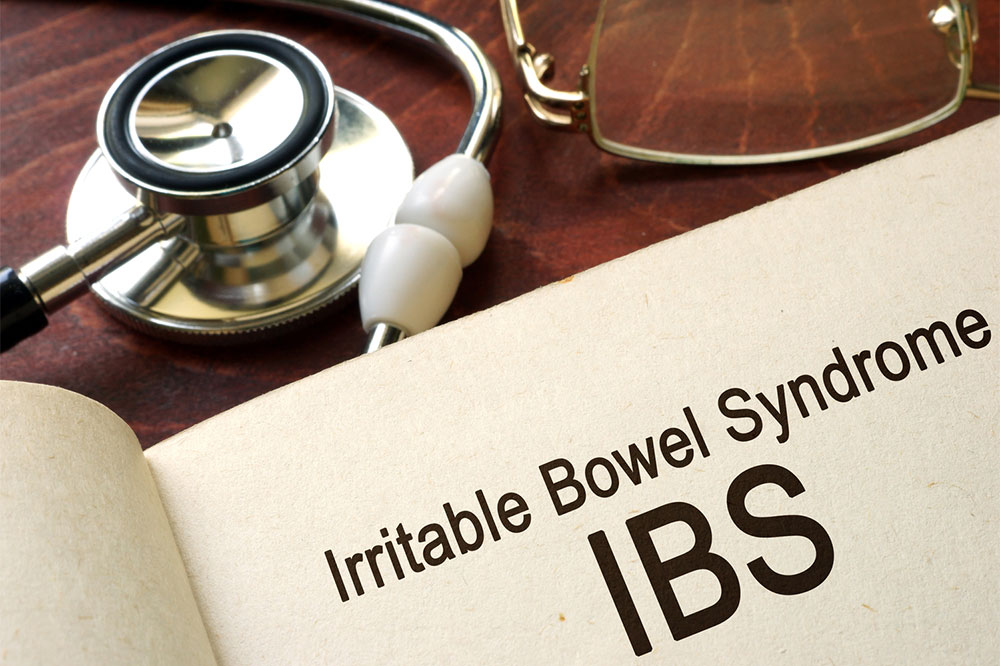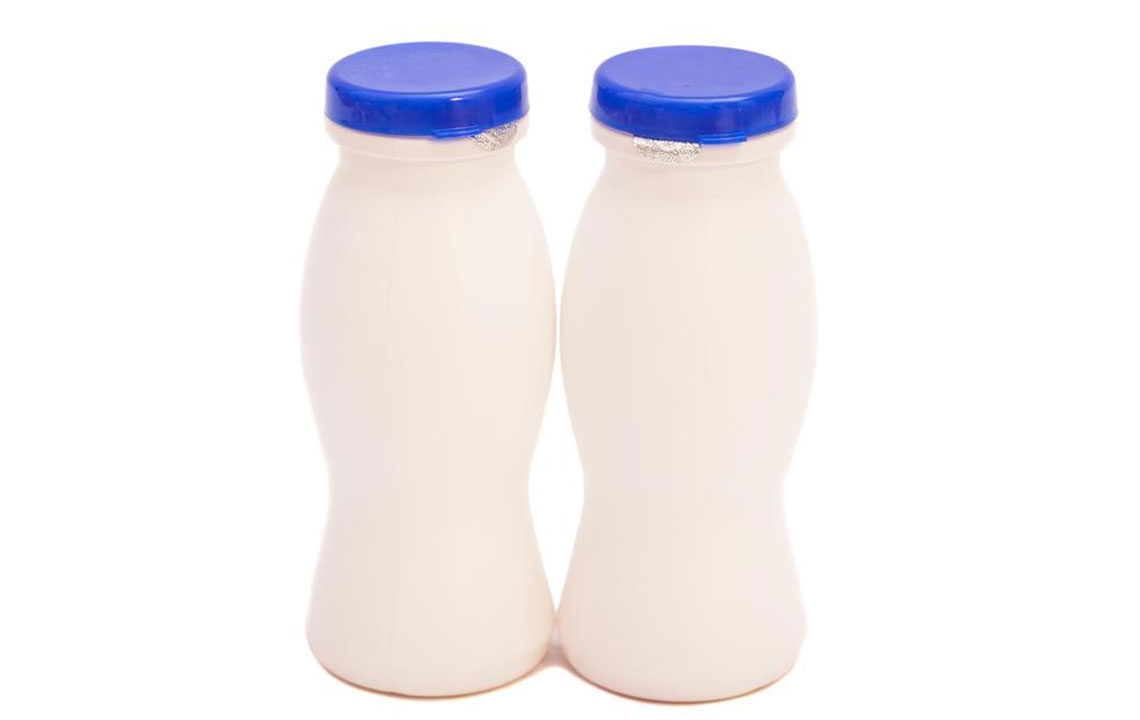Understanding Irritable Bowel Syndrome: Causes, Symptoms, and Management Strategies
Discover comprehensive insights into Irritable Bowel Syndrome (IBS), including its symptoms, possible causes, and effective management strategies. This article emphasizes the importance of personalized treatment, dietary adjustments, and lifestyle changes to alleviate discomfort and improve quality of life. Always consult a healthcare provider for diagnosis and tailored therapies to manage this common yet complex digestive disorder effectively.

Understanding Irritable Bowel Syndrome: Causes, Symptoms, and Management Strategies
Irritable Bowel Syndrome (IBS) is a common gastrointestinal disorder affecting the large intestine or colon. While not life-threatening, it often causes discomfort and impacts daily life. Approximately 30% of people experience IBS symptoms, with women being more susceptible. This article details the warning signs, potential causes, and available treatment options for IBS. Always consult a healthcare professional before making any changes to your health routine.
Signs and Symptoms of IBS
IBS symptoms can vary but tend to persist over time. Common signs include:
- Abdominal pain, cramping, or bloating linked to bowel movements
- Alterations in stool appearance
- Changes in urination frequency
- Bloating, excessive gas, and mucus in stool often accompany the condition
Potential Causes of IBS
The precise cause of IBS remains unclear. What is known is that it affects how intestinal muscles function. Typically, these muscles relax and contract to propel waste through the digestive system, absorbing water and nutrients. In IBS, these movements can become irregular, leading to loose stools or constipation depending on whether the muscles contract too quickly or too slowly. Overly intense or rapid muscle contractions can also cause pain and bloating.
The root triggers behind muscle malfunction are still under investigation. Possible theories suggest that disrupted communication between the brain and gut, bacterial imbalances, psychological stress, or hormonal fluctuations may contribute. Certain foods, emotional stress, and gut microbiome differences are known to influence symptoms.
Management and Treatment Options for IBS
While no universal cure exists, many individuals find relief through personalized treatment plans. These often include dietary modifications and lifestyle changes. Common recommendations involve avoiding specific trigger foods such as:
Dairy products: Opt for low-fat or dairy-free alternatives to reduce digestive discomfort.
Legumes: Beans and lentils may cause gas and bloating; soaking them overnight can sometimes aid digestion.
Certain vegetables: Cooking broccoli and cauliflower can make them easier to digest.
Caffeine: Limit coffee, soda, and energy drinks as they stimulate bowel movements.
In addition to dietary changes, alternative therapies like cognitive-behavioral therapy, hypnotherapy, and biofeedback can ease symptoms, especially when physical interventions are insufficient. Lifestyle habits—adequate sleep, regular exercise, stress management, and consistent eating routines—also play vital roles in reducing flare-ups.
Note: The information provided is for educational purposes. Always seek advice from healthcare professionals for diagnosis and treatment tailored to your needs. Our website offers insights but should not replace medical consultation or be seen as definitive treatment guidance.










